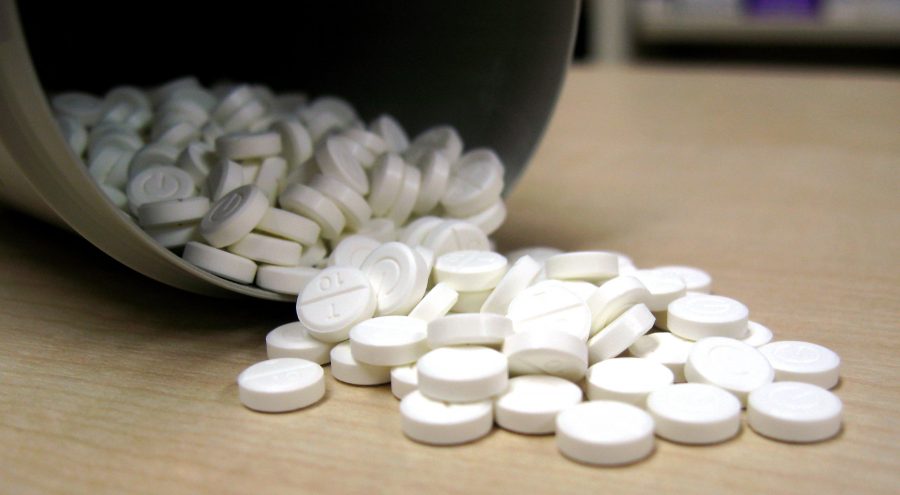Shocking Statistics from the Surgeon General’s Report
According to a report published by the U.S. surgeon general on Thursday, November 17th, 78 people in America die each day from opioid overdose.
Another 20.8 million people have a substance use disorder, but just ten percent of them receive treatment, Dr. Vivek Murthy wrote in the report titled “Facing Addiction in America.”
According to the report, one American dies every 19 minutes from an opioid or heroin overdose. These statistics mean that more people die from overdoses a year than in car crashes. It also means that the number of people struggling with addiction is more than the number of people suffering from any kind of cancer. In a November 17th CNN article, the economic impact of addiction was estimated to be more than $440 billion, topping diabetes.
Murthy, and many others, believe that public attitude towards this issue needs to change for it to be fixed. “For far too long, too many in our country have viewed addiction as a moral failing. This unfortunate stigma has created an added burden of shame that has made people with substance use disorders less likely to come forward and seek help,” Murthy told NBC news in a November 17th article by Elizabeth Chuck.
This is the first publication by the surgeon general that has addressed drug and alcohol addiction, despite the fact that other federal agencies have reported the same findings. Murphy states that the goal of the 400–plus-page report is to have the same impact as the 1964 surgeon general’s report regarding negative the effects of smoking.
The Affordable Care Act, also known as Obamacare, has helped with the financial portion of the problem. It has given 20 million people access to healthcare who would not otherwise have it. This, along with the Mental Health Parity and Addiction Equity Act of 2008, has brought treatment to millions.
NARCAN, a drug which stops the effects of opioids, is becoming more easily available and is also helping the problem. It is being issued to police officers and training for the proper administration is being conducted.
Williston senior Anna Wilinsky feels that this issue is even prevalent in high schools. “Drugs are so accessible today, kids can easily access them,” she said. “It used to just be alcohol and marijuana with teenagers but now they are exposed to more serious stuff. Because our brains are still developing we can also get hooked more easily.”
The report claims that individuals who start drinking before the age of 15 are four times more likely to become addicted later on than those who start at age 20 or older.
In a November 17 USA Today article, Bryon Adinoff, an addiction psychiatrist at the University of Texas Southwestern Medical Center, concurs with Murthy’s findings and adds that genetics account for half of a person’s likelihood to become addicted. He believes addiction needs to be treated like a disease, which it is, instead of an aspect of someone’s character.












